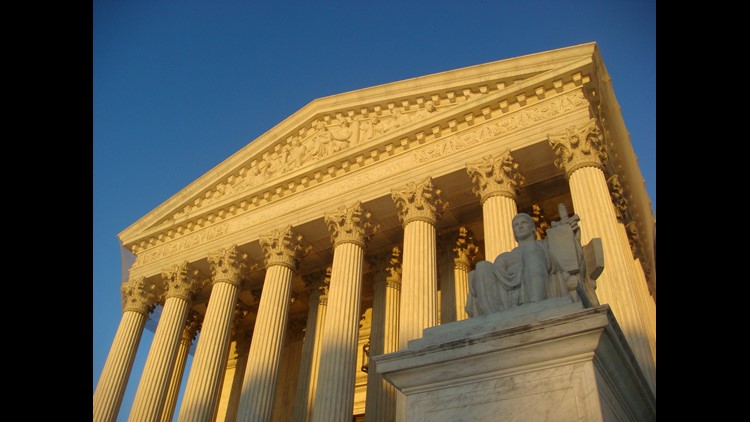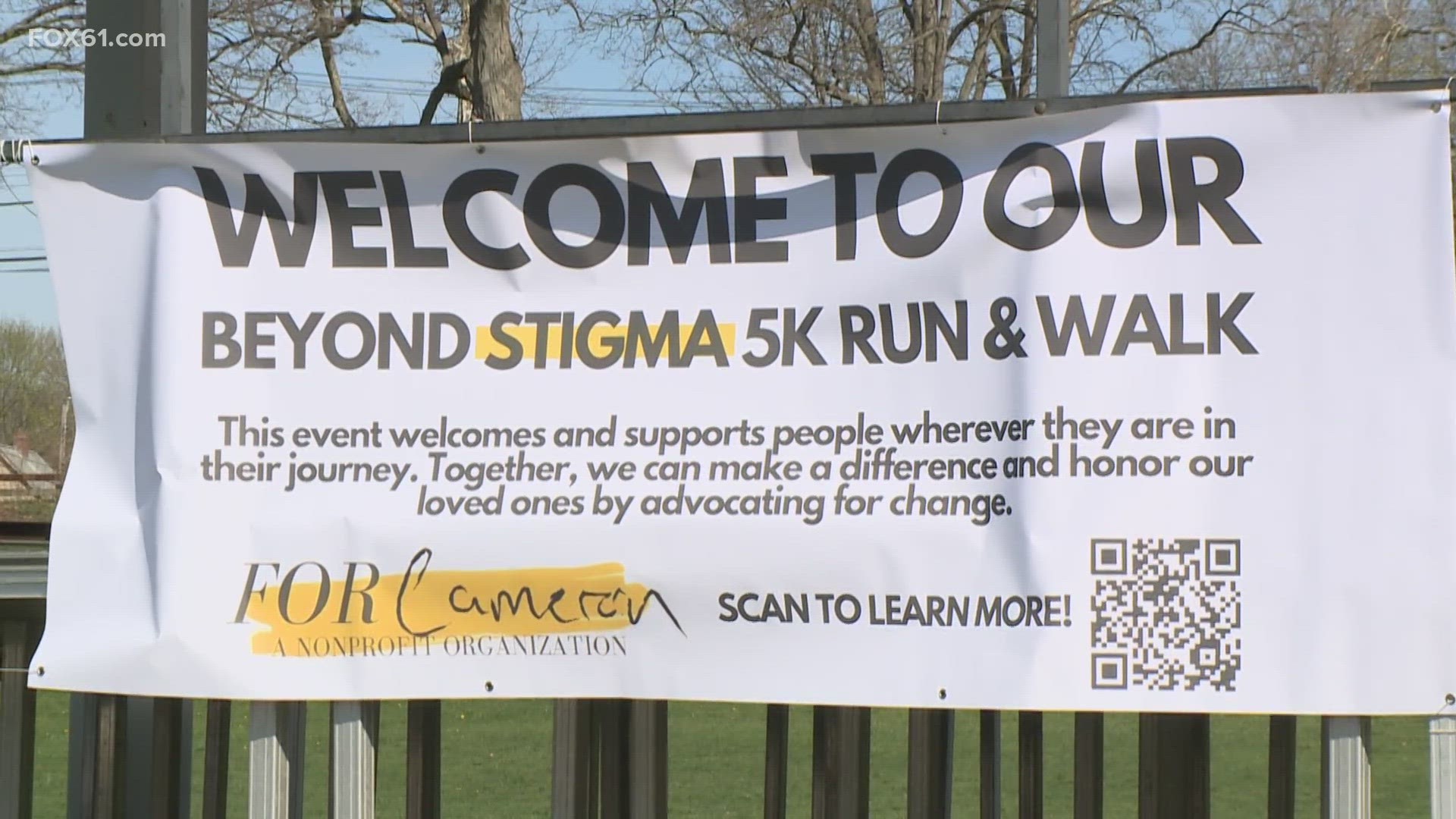HARTFORD -- Monte Frank, President of the Connecticut Bar Association, discusses an initiative designed to fight implicit racial bias in the workplace, in government, in schools and in the criminal justice system.
The Supreme Court grappled last week with a case concerning racial bias in jury deliberations, as the justices considered the case of a juror in Colorado who urged other jurors to find a man guilty "because he's Mexican and Mexicans take whatever they want."
The case pits secrecy rules in jury deliberations against the Sixth Amendment's guarantee of a fair and impartial jury. The justices considered whether the so-called "no impeachment" rule -- meant to protect the secrecy of jury deliberations and the finality of jury verdicts -- should be pierced when the deliberations include racial bias.
As the lawyer for criminal defendant Miguel Angel Pena-Rodriguez began his argument seeking a new trial for his client, Chief Justice John Roberts and Justice Samuel Alito jumped in almost immediately. While both justices agreed the statements by the juror were clearly offensive -- they were troubled with where they could draw the line.
"What about religious bias?" asked Roberts. He suggested that if the court were to allow an exception to jury secrecy for race "the next case" was going to concern religion.
But Pena-Rodriguez's lawyer, Jeffrey Fisher, said that "race is different." It was a point several of the more liberal justices seemed to agree upon.



